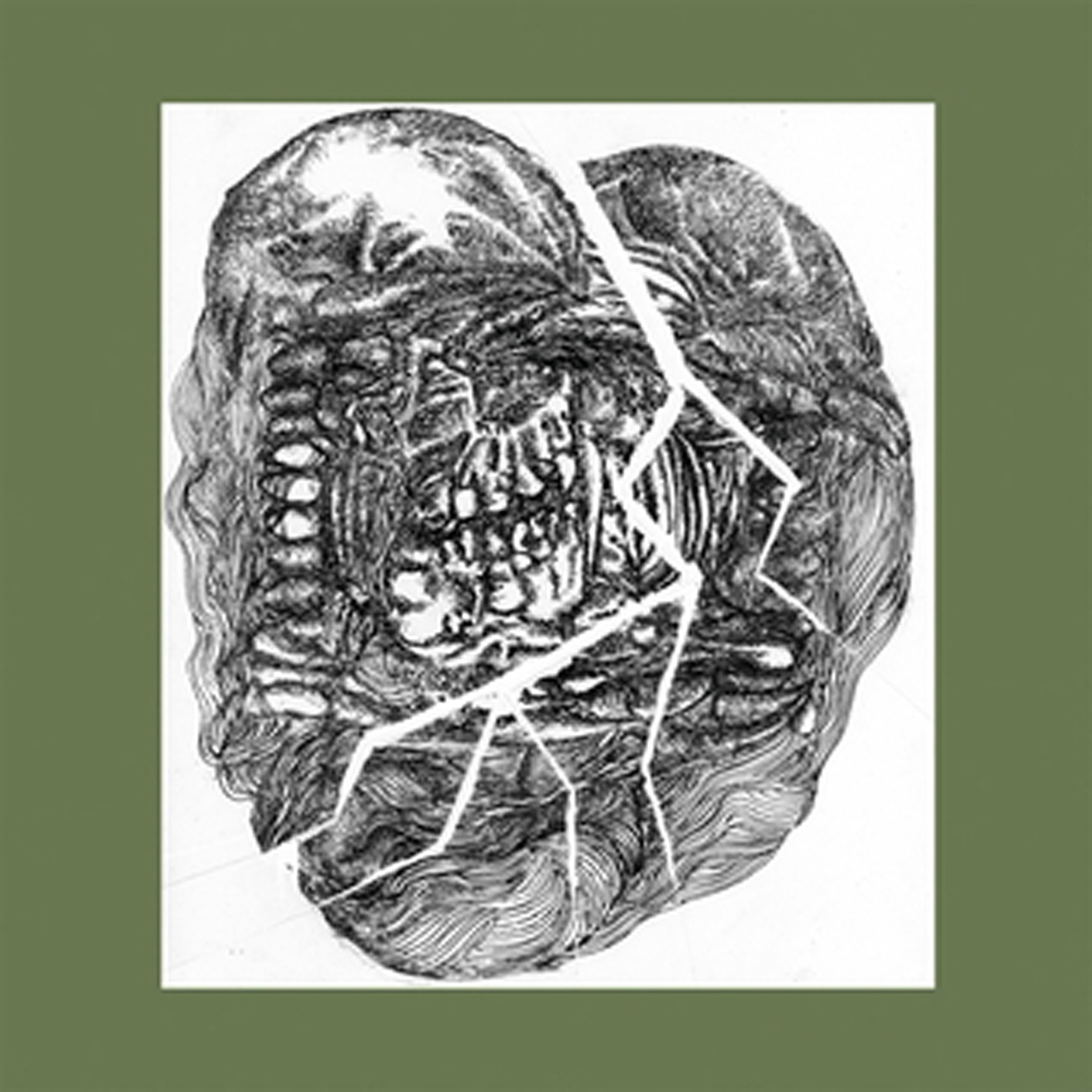 I have not been paying much attention to Wolf Eyes for the last several years, but I was inclined to give this album a chance after repeatedly hearing all about how it is both a bold change of direction and a major statement on the state of noise in 2013.  After listening to it a few times, I guess it is arguably both, but it is definitely not some kind of epoch-defining revelation, nor is it a particularly great album (though it certainly has some great moments).  Rather it is merely an uneven, intermittently inspired effort that displays a new penchant for ruined-sounding ultra-minimalism, but offers only a few fully realized, successful examples of it amidst too much filler.
I have not been paying much attention to Wolf Eyes for the last several years, but I was inclined to give this album a chance after repeatedly hearing all about how it is both a bold change of direction and a major statement on the state of noise in 2013.  After listening to it a few times, I guess it is arguably both, but it is definitely not some kind of epoch-defining revelation, nor is it a particularly great album (though it certainly has some great moments).  Rather it is merely an uneven, intermittently inspired effort that displays a new penchant for ruined-sounding ultra-minimalism, but offers only a few fully realized, successful examples of it amidst too much filler.
I have to hand it to Wolf Eyes: they certainly subverted my expectations a bit with the opening "Choking Flies," as I expected the future of noise to sound a hell of a lot noisier, or at least more ferocious.  Instead, "Flies" sounds a lot like decayed and deconstructed rock that has been stripped to its barest skeleton, then uglified.  More specifically, it sounds like Nate Young remixed a Girls Against Boys album by removing the guitars, then left the tapes out in the sun to melt together with a Throbbing Gristle album. As dubious as that may sound, the result is still distinctly, wonderfully "Wolf Eyes," as the ugly throbbing bass swells, out-of-sync dual-tracked vocals, hollow thump, clattering electronics, and ugly drifting notes combine to form a masterfully wrong and ill-intentioned whole.  If that momentum had sustained, No Answer: Lower Floors could have been quite a stellar album.
Unfortunately, it did not, as the remaining five songs are a mixed bag both stylistically and quality-wise.  "Born Liar," for example, is a thudding guitar and horn squall that sounds like it could have been made up and recorded on the spot.  That is followed by a very brief interlude of mangled speech and bleeping ("No Answer"), then a piece ("Chattering Lead") that is essentially a meandering, less successful variation on the "Choking Flies" formula, all of which illustrates what is so exasperating about this album: the first two-thirds are over before I even realize what happened and the only truly significant piece is the first one.
Thankfully, the trio get things back on track again with the epic "Confessions of the Informer," which is both the album's most aggressively minimal piece and its clear highlight.  It is built upon a little more than a slow-motion, repeating throb and stuttering snatches of vocals, coupled with queasy squeals from John Olsen self-made horns and guitar feedback from new member James Baljo...and that is about it.  That proves to be more than enough though–while not much overt evolution occurs over the course of its 12 minutes, it is so mesmerizingly ravaged, limping, and haunted that it could have gone on for twice as long and still been just as great (or better).  I suspect it sounds a lot like wandering nervously through a ruined space station must feel: alone and paranoid in an endless corridor of jagged metal, flickering lights, and eerie creaks and moans.  That is a great niche to stake out.
Naturally, after having delivered something so wonderful, the band felt that the only proper way to close the album was to give their ugliest, most contrarian impulses free-reign, as "Warning Sign" basically feels like a 7-minute locked-groove of grinding, unlistenable, air-raid-siren-style pain.  I suppose that is both amusing and fitting, but another good song would have been nice too.  As it stands, I guess I will have to settle for just two great songs and four not-so-great ones, which probably eliminates this as a strong contender for noise album of the year (even if "Confessions" is admittedly brilliant).  Of course, delivering a perfectly sequenced, uniformly great statement of intent would run counter to Wolf Eyes' whole messy aesthetic of spontaneity, entropy, and primitivism, so I cannot complain much–I knew very much what I was getting into and I got it.  I am very pleased to see that Wolf Eyes are just as capable of greatness and innovation as ever, even if their more frustrating characteristics remain just as evident.
 
Read More

